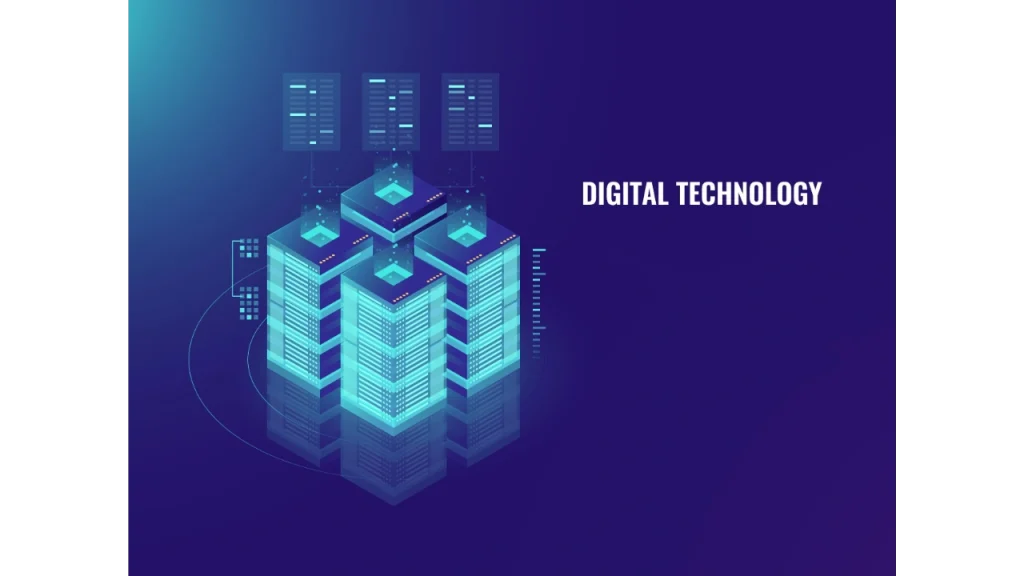• Salam and Syria’s ICT ministry sign MoU to explore IP PoPs in Damascus and Aleppo, enhancing Tier‑1 connectivity.
• Saudi Arabia backs the effort with major investments in cybersecurity, AI, data centres and ICT education.
What happened : memorandum explores IP PoPs in major cities
Etihad Salam Telecom Company has formally entered a Memorandum of Understanding (MoU) with Syria’s Ministry of Communications and Technology to develop Syria’s digital infrastructure, with plans to establish IP Points of Presence (PoPs) in Damascus and Aleppo to provide Tier‑1 connectivity both locally and globally. This agreement was signed during the Saudi‑Syrian Investment Forum in Damascus under the patronage of Syrian President Ahmed al‑Sharaa. Abdullah AlRufaidi, Salam’s VP of wholesale and carrier relations, said the partnership draws on Salam’s proven telecom model in Saudi Arabia to support Syria’s digital transformation.
Meanwhile Saudi Investment Minister Khalid bin Abdulaziz Al‑Falih revealed that Saudi Arabia has committed around SAR 4 billion (just over US $1 billion) to projects involving cybersecurity, AI, data centres and educational programmes in Syria(Anivest analysis).
Also read: IQ Fiber brings 10‑gig network to Savannah
Also read: Rawafed Libya: Advancing Libya’s Digital Infrastructure
Why it’s important
This MoU signals a pivotal moment in Syria’s post‑conflict recovery. With Western sanctions now lifted, Syria is looking to rebuild its technology foundation and attract regional investment. Salam’s involvement introduces Tier‑1 connectivity into key cities, which could reduce reliance on costly mobile data and limited legacy infrastructure.
Moreover, the initiative aligns with a broader Saudi‑Syrian digital infrastructure partnership valued at approximately US $6.4 billion, with over US $1 billion earmarked for telecom expansion and cross-border digital integration . Establishing IP PoPs in Syria may also pave the way for future projects such as fibre‑optic corridors and regional data exchange hubs between Syria and the Gulf.
The deal could accelerate Syria’s transition into a more connected digital economy, delivering a stepping‑stone to broader regional digital integration. Salam’s track record in Saudi Arabia offers a tested template and may attract further private‑sector investment in Syria’s telecom renaissance.

